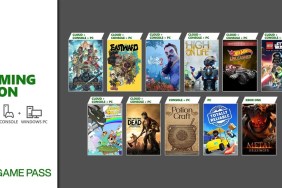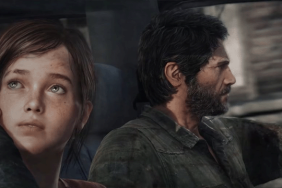We’ll get there fast and then we’ll take it slow…
Ah, the tropics. Scantily clad island girls bearing complimentary booze. In the
American psyche, nothing embodies rest, relaxation, and happiness like a tropical
paradise.
However, beneath that cartoonish tiki mask and sparkling eyes dwells a dark
truth: running a tropical island is a nightmare of political manipulation and
economic micro-management.…
-
Very detailed
-
Complex political/economic issues
-
Unique level of realism
-
B graphics
-
No rewards
-
Can get dull











